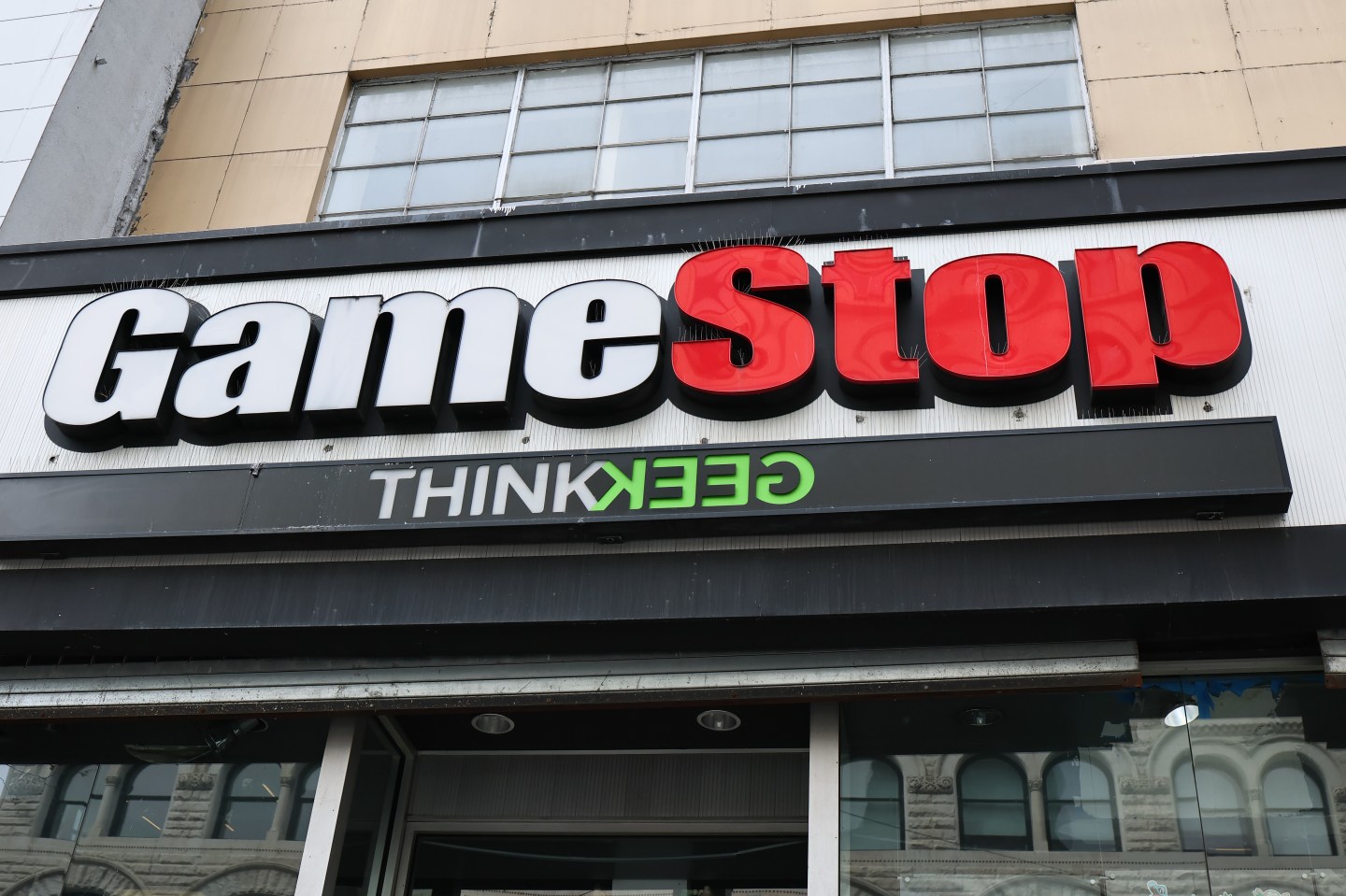The fashion supply chain before the pandemic was operating at flying speed. The industry was expanding quickly, with brands being able to design a dress and have it selling in stores in under a week.
When things came a complete stop amid the COVID-19 pandemic, something snapped. The business model of producing vast amounts of clothes and selling them in the fastest amount of time began to fail. A pileup ensued.
Fashion has been dealing with this issue for a while: what to do with unwanted, unsold deadstock and fabrics. But with lockdowns throughout the globe, the issue became impossible to ignore.
“Closed doors, canceled orders, missed seasons, changes in consumer preferences. There has been this huge volume of deadstock, more now than ever, all over the world,” Stephanie Benedetto, founder of deadstock marketplace Queen of Raw, told Coins2Day.
Prior to the pandemic, retailers tended to over-order on seasonal buys, selling half at full price while the rest is discounted in end-of-season sales to attract a lower-price customer. For both fast fashion and couture clothing production, it is cheaper to double volumes with a factory and deal with excess later.
This hurt company bottom lines. Before the pandemic, the textile industry was edging over $1 trillion in size, expanding at a compound annual growth rate of 4.4%. With the fashion industry making up a solid 80% of demand, unused fabric cost the industry $120 billion per year, according to New York–based Queen of Raw.
Even before the pandemic, companies such as H&M revealed they had $4.3 billion worth of unsold clothes in 2018.
According to Benedetto: “For so long deadstock was seen as this taboo. Nobody wanted to talk about it, even though everyone has it. It’s clearly inherent in the fashion production system.”
Previously, the solution was to simply burn or throw away unsold deadstock to protect a brand’s image and price integrity. But increased scrutiny in countries such as France and the U.S. Have made burning clothes much more difficult, with luxury groups LVMH and Kering both announcing last year that they would ban bonfires on all consumer goods by 2023.
What to do with excess?
Benedetto, like many others, is looking for solutions to minimize waste in the system. Luxury conglomerate LVMH also just launched its own deadstock site, Nona Source, to resell fabrics and leathers that were once carefully selected by designers working at one of the many fashion houses under the LVMH brand.
With the demand for luxury deadstock rising, LVMH has chosen a good time to enter the market. Queen of Raw has done remarkably well during lockdown. Since March 2020, the company has expanded globally, now covering every continent, and has grown 125% quarter on quarter.
“It has been a massive opportunity and growth for us during the pandemic,” Benedetto said.
Meanwhile other brands, like upmarket British fashion label Burberry, announced they would discount their 2020 season overstock at outlets and in staff sales, donate them to charity, or have them recycled. Burberry was previously one of the companies that got in trouble for burning its unsold clothes in 2018 to protect its brand.
According to a report by McKinsey, marketplace model online retailers such as Farfetch will be well-positioned to facilitate the liquidation of large volumes of cheap stock. China’s Alibaba Group also launched an “outlet” platform to shift luxury overstock, targeting younger consumers and helping high-end brands shed excess inventory built up during the global coronavirus lockdown.
T.J. Maxx (TK Maxx in the U.K.) And other discount stores will be discreetly filtered into out-of-season inventory from middlemen companies such as MadaLuxe Group. And others will try to sell the clothes at any discount they can afford.
More positively, companies are now trying to figure out ways to shift their companies to reduce overstock in the first place.
“Perhaps more importantly, let’s use the intelligence and the tools and the software to minimize that waste going forward, so we don’t have these problems again,” Benedetto said.
Zara’s parent company Inditex has invested $2.7 billion in the technological integration of its stores, tagging every article of clothing with a radio frequency identification (RFID) chip to have mass data of their clothes to streamline demand and supply.
Sustainability issues are also creeping up more widely as investors become more aware of the problems in the industry. In their own interests, companies in this space must embrace sustainability or risk alienating customers and investors.
Our mission to make business better is fueled by readers like you. To enjoy unlimited access to our journalism, subscribe today.












